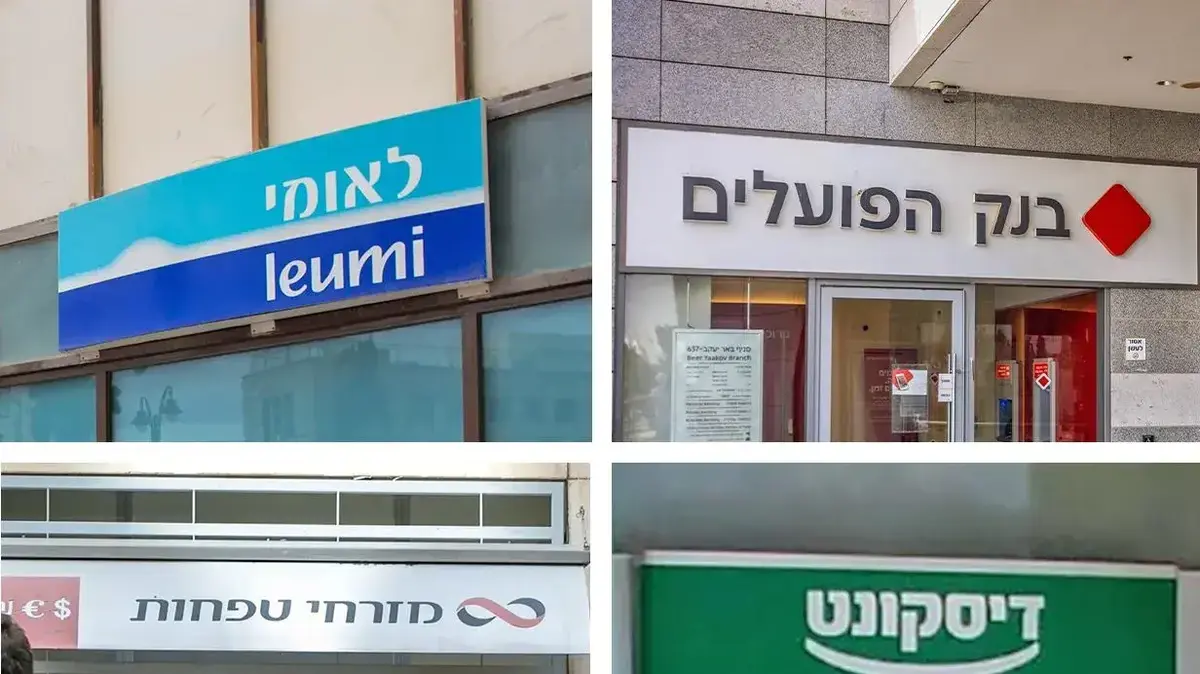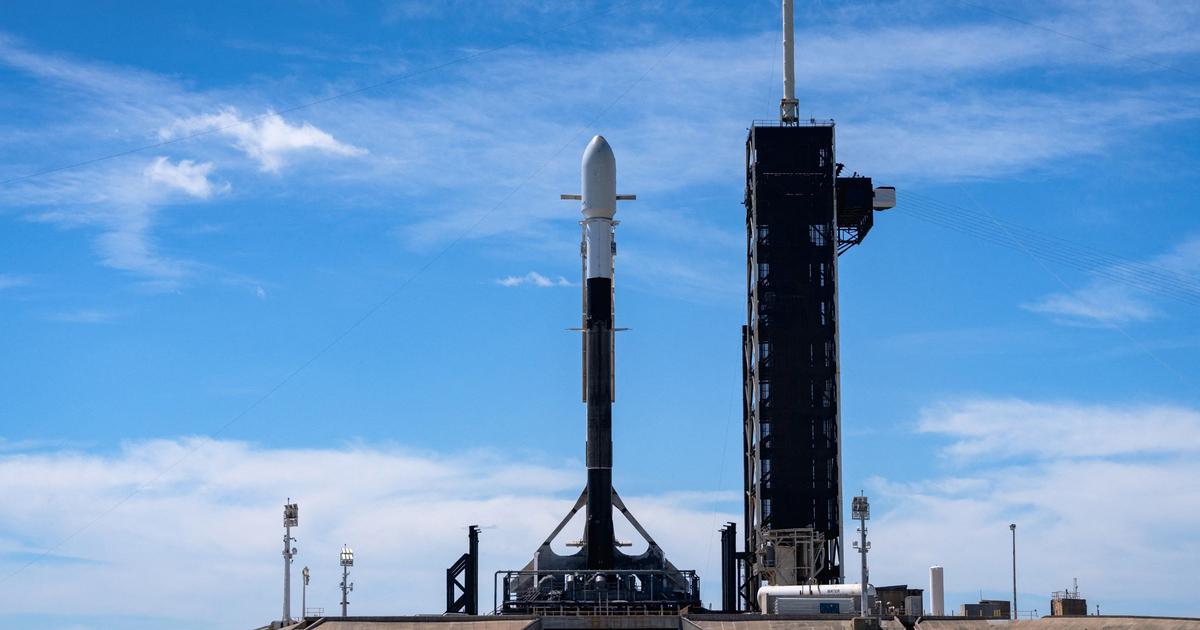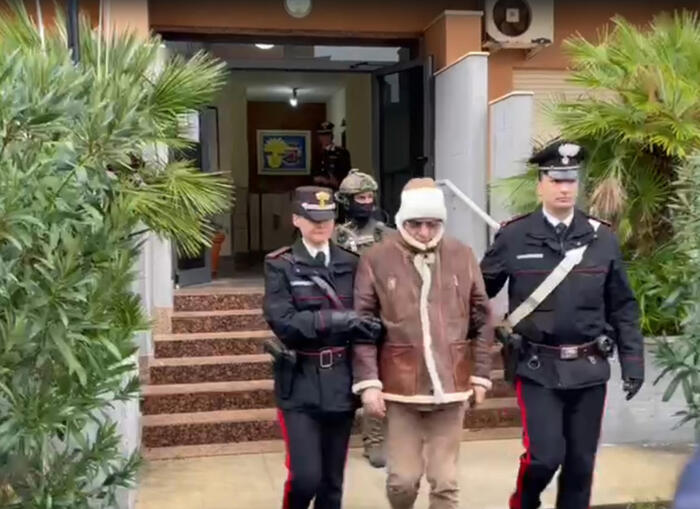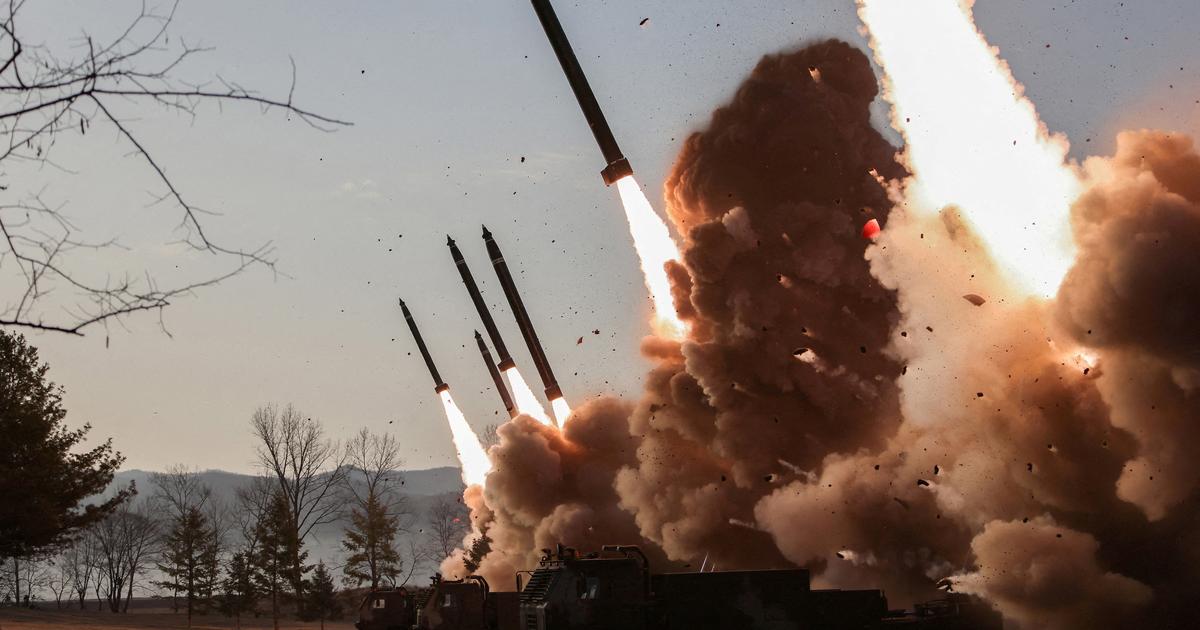By Andrew W. Lehren and Dan De Luce - NBC News
North Korea carried out an elaborate money laundering scheme for years using shell companies and the help of Chinese companies and through major banks in New York, according to confidential bank documents reviewed by NBC News.
Wire transfers from companies linked to North Korea with opaque ownership sometimes occurred in bursts, only days or hours apart, and the amounts transferred are round figures with no clear business reasons for the transactions, according to the documents.
Graham Barrow, a London-based anti-money laundering expert, explained that such transactions are "red flags" and are the hallmark that defines efforts to conceal the origins of illicit cash.
[Trump says he is the only one who knows how to make the North Korean dictator smile and thus has avoided "a great war"]
The confidential bank documents reviewed by NBC News offer a rare glimpse into
how North Korea, and other irregular actors, move illicit cash across borders despite international sanctions
to block their access to the global financial system.
The alleged laundering by organizations linked to North Korea amounted to more than $ 174.8 million over several years, with transactions authorized through US banks, including JPMorgan Chase and the Bank of New York Mellon, according to the documents.
"Taken as a whole, it has the elements of what looks like a concerted attack by the North Koreans to access the US financial system over an extended period of time through multiple, rather sophisticated avenues," explained Eric Lorber, a former US Department official. Treasury who worked on North Korean sanctions during the Trump Administration.
Predatory loans are drowning the Latino community
Sept.
10, 201905: 21
The leaked documents are part of FinCEN Files, a collaborative project with the International Consortium of Investigative Journalists, BuzzFeed News, NBC News, and more than 400 journalists from around the world.
The project examined secret reports of suspicious activity submitted by banks to the Treasury Department's Financial Crime Enforcement Network, known as FinCEN, as well as other investigative documents.
The leaked documents were obtained by BuzzFeed.
The analysis assures that JPMorgan, the largest bank based in the United States, transferred money to individuals and companies linked to the
massive looting of public funds in Malaysia, Venezuela and Ukraine
, according to leaked government documents, known as the FinCEN Archives.
As NBC News and other media organizations prepared to publish stories based on the leaked documents, FinCEN announced plans Wednesday for a major overhaul of national anti-money laundering rules.
[Hispanics have a worse image of Trump than the rest of the population, but it has improved compared to 4 years ago]
Banks and other financial institutions file suspicious activity reports to alert police to potentially illegal transactions, but they do not necessarily represent evidence of legal wrongdoing.
The reports are highly confidential and closely protected by both banks and US authorities.
FinCEN Archives represent less than 0.02% of the more than 12 million suspicious activity reports
that financial institutions filed with that agency between 2011 and 2017.
FinCEN condemned the leak of the documents
, declined to comment on the content of the suspicious activity reports, and said it had referred the matter to the Department of Justice and the Treasury inspector general.
"As FinCEN has previously stated, the unauthorized disclosure of RAS is a crime that can affect the national security of the United States, compromise police investigations, and threaten the safety of the institutions and individuals who make such reports," the department said.
The documents essentially cover the period from 2008 to 2017
, during which the Obama and Trump administrations constantly tightened sanctions against North Korea to try to prevent the regime from increasing its arsenal of nuclear weapons and ballistic missiles.
The sanctions, in part, are designed to block the regime's attempts to buy or sell material for its weapons programs and to secure foreign exchange.
But the logs convey a cat and mouse game in which North Korea, often with the help of Chinese companies, has found ways to go unnoticed, experts say.
[North Korea bombs South Korea relations office near border amid mounting tensions]
"The documents before you help explain why the North Koreans have been so successful in evading sanctions," said Hugh Griffiths, the former head of a UN Panel of Experts until last year.
"What they have is gold dust, because very few journalists, or researchers in general, have access to internal bank compliance documentation," he added.
The leaked records underscore the enormous difficulties the United States and other countries face
in trying to prevent North Korea and other money launderers from penetrating the world's financial markets
, Griffiths said.
In one case, bank documents convey in unprecedented detail how the head of a company in Dandong, a Chinese city on the border with North Korea, apparently laundered money even when he did not conceal his business dealings with North Korea.
Businesses at the entrance to Dandong port, on the border with North Korea in northeast China's Liaoning Province, Saturday, Feb. 23, 2019. AP Photo / Dake Kang
US authorities in 2016 and 2019 indicted Ma Xiaohong, his company, Dandong Hongxiang Industrial Development Corp., and other company executives on charges of money laundering and helping North Korea evade international sanctions.
No one has been extradited and the charges remain pending.
Federal prosecutors declined to comment.
One of the bank's internal documents appears to have been written due to the federal investigation.
Before the allegations, Ma and Dandong Hongxiang sent money to North Korea via China, Singapore, Cambodia, the US and other sources, using a series of shell companies to move tens of millions of dollars through US banks. in New York, according to the report presented by the Bank of New York Mellon.
[Trump tweets a manipulated video of Biden: they change 'Despacito' for a song against the police]
According to the document, the bank reported in 2015 that it handled suspicious transfers worth $ 85.6 million, and the document details 20.1 million of those transactions.
The bank said it was asked to review its records due to a "government investigation."
The financial entity cited red flags in those transactions, including money that went to companies with opaque ownership that appeared to be shell companies.
Some were registered in high-risk jurisdictions like Cambodia, according to the bank.
Some transfers were sent in batches, only days apart and some the same day.
The bank also noted that there were no clear business reasons for the transactions and that they were round amounts.
A transaction in 2009 uncovered a Singapore shipping company called United Green Pte. Ltd., whose directors included Leonard Lai.
The Treasury Department imposed sanctions on Lai and his Singaporean company, Senat Shipping Ltd., in 2015 for their ties to a North Korean shipping company that allegedly tried to move weapons from Cuba to North Korea.
The sanctions remain in effect.
Senat and Lai could not be reached for questions about this case.
The bank allowed dozens of transfers to take place despite reports that Ma had spoken openly about doing business with North Korea.
The Associated Press news agency interviewed Ma in 2014 as part of a report on North Korea's trade.
North Korea Economy Watch, a newsletter affiliated with The Stimson Center, a Washington think tank, quoted Ma in 2010 as revealing that it hoped for a new connection that would increase trade with North Korea.
Tracking news coverage is a standard tool for financial institutions trying to prevent money laundering, and the media accounts should have provided additional red flags for the Bank of New York Mellon, according to Barrow and other experts.
[From the cashier to the brick: laundering the dirty money of the Band of the Riviera Maya]
BNY Mellon said that under federal law it could not comment on any suspicious activity reports that may have been leaked.
The bank said it "takes its role in protecting the integrity of the global financial system seriously", assists US authorities and fully complies with applicable laws and regulations.
Another major US bank, JPMorgan Chase, reported suspicious financial transactions possibly linked to North Korea to the Treasury Department in January 2015.
In its report, JPMorgan Chase said it oversaw $ 89.2 million in transactions from 2011 to 2013 that benefited 11 companies and individuals with ties to North Korea.
The bank said it had previously singled out those companies in its own suspicious activity reports for sending funds to North Korea.
The companies included Faith Surplus Trading Development Ltd. of China, SUTL Corp. Pte. Ltd. of Singapore and Dandong Sanjiang Trading Co. Ltd. of Dandong, China.
The bank wrote that its own "internal intelligence" was "linking them to considerable illicit activity involving the proliferation of weapons involving North Korea and transactions with entities in Iran."
[The United States exceeds 200,000 deaths from coronavirus. Experts warn that the figure may double]
International shipment records kept by Panjiva, a global trade data company, reveal that Dandong Sanjiang has made at least 80 transactions to North Korea, and a 2014 UN report noted that the company was involved in Korean transactions. North.
The bank reported that Faith Surplus Trading sent 14 transfers worth $ 3.7 million to China Oil Singapore, a subsidiary of China National United Oil.
That company had been cited in a previous suspicious activity report for allegedly violating US sanctions against Iran, the bank wrote.
Faith Surplus closed in 2015. SUTL and Dandong Sanjiang did not respond to requests for comment.
It's unclear why JPMorgan Chase approved the transactions, given suspicions previously raised
about some of the entities involved.
JPMorgan Chase noted that it is prohibited by law from commenting on specific suspicious activity reports.
But the bank said it admitted the shortcomings in a 2014 report and that it had invested in efforts to strengthen anti-money laundering measures.
[They steal millions in unemployment benefits, causing harm to those waiting for benefits. Some scams are made from jail]
"We recognized in that 2014 report that our existing controls needed improvement, and since then we have dedicated considerable resources to complying with laws and regulations governing anti-money laundering, terrorist financing, and economic sanctions. Today, thousands of employees and hundreds of millions of the dollars are dedicated to help support national security and law enforcement efforts, "said a bank spokesman.
One key to the money laundering described in the documents involves correspondent banking
, which occurs when a finance company such as Bank of New York Mellon or JPMorgan Chase provides services to a foreign bank for currency exchange or other transactions.
The global financial industry relies heavily on doing business in US dollars, and correspondent banking is a routine and crucial part of the international financial system that enables global trade, allowing money to flow across borders instantly.
But it is also a financial vein that money launderers like North Korea are trying to exploit, hoping that their transactions will be overlooked in the sheer volume of financial traffic, experts say.
The Treasury Department noted in a recent report that money launderers often use correspondent banking services to move illicit money across borders.
In a March report, the Treasury Department revealed that "the most significant vulnerabilities in the United States exploited by illicit actors" include "the significant volume of foreign funds and the number of transactions that are handled through US correspondent banks."
According to the Treasury report,
"US financial institutions often process these transactions without knowing it
.
"
[Do you need to get cash? Before requesting a loan, this is what you should know]
Lorber, a former Treasury official, explained that both private banks and US authorities lack the manpower and resources to keep up with all the money laundering and sanctions that are going on.
But in recent years, partly due to aggressive US sanctions, Western banks have become more vigilant in monitoring transfers and requesting more information from foreign banks, according to Lorber and other former Treasury Department officials.
The daily effort to counter North Korea and other money launderers is exhausting, according to Lorber.
Shell companies can be established quickly, in a matter of days, but "it can take months or years to dismantle a washing network," he
clarified.
"It's a constant game of cat and mouse, and illicit actors really do have a kind of advantage in terms of how they move money," explained Lorber.
Banking compliance departments are focused on ensuring that their companies comply with the law, but they are not designed to operate as law enforcement agencies, Griffiths recalled.
"Compliance departments are there to do everything they can to avoid consequences when they do their business," Griffiths said.
"Looking to the future, if the implementation of North Korean sanctions is going to be a science again, then the only way for the United States and the international community to be successful is to collect data from banks in the United States and Europe." he added.









